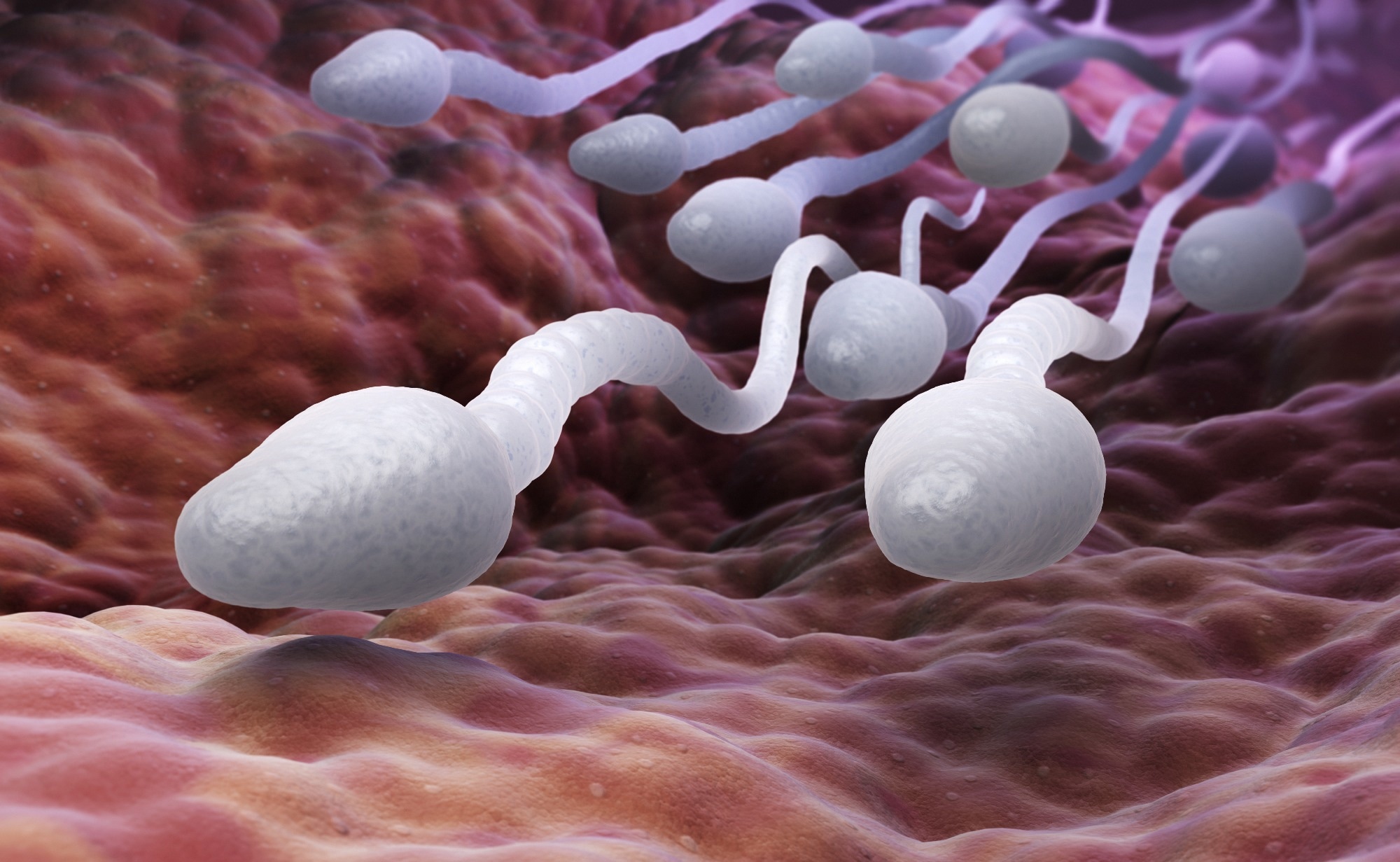In a recent study published in the Asian Journal of Andrology, researchers assessed the influence of coronavirus disease 2019 (COVID-19) vaccination on sperm characteristics.
 Study: The effect of COVID-19 vaccines on sperm parameters: a systematic review and meta-analysis. Image Credit: Tatiana Shepeleva/Shutterstock
Study: The effect of COVID-19 vaccines on sperm parameters: a systematic review and meta-analysis. Image Credit: Tatiana Shepeleva/Shutterstock
Background
Concerning consequences of COVID-19 on male fertility are among the nonrespiratory symptoms, with poor spermatogenesis likely reflecting the course of the infection. Although severe acute respiratory syndrome coronavirus 2 (SARS-CoV-2) infections have been linked to a decline in sperm quality, their reproductive toxicity has not been assessed in a clinical setting. Previous research has linked sperm quality and fertility to population fatality and health; therefore, immunization may considerably impact sperm parameters.
About the study
In the present study, researchers examined the differences among sperm parameters before and post-administration of various SARS-CoV-2 vaccinations.
Embase and PubMed databases were merged with the search phrases: vaccination, COVID-19, and sperm parameters to detect candidate research. Following population, intervention, comparison, and outcomes principles (PICOS), the team selected papers that met the criteria for inclusion in the meta-analysis: (1) P (population): participants who did not have any prerequisites that could reduce the spermatozoa quality; (2) I (intervention): SARS-CoV-2 vaccinations were the only intervention; (3) C (comparison): comparison conducted among the population that was and was not vaccinated and the included participants themselves; (4) O (outcomes): results such as relevant assessments like the volume of semen, sperm concentration, and total sperm motility. Before and post-COVID-19 vaccinations, the impact of messenger ribonucleic acid (mRNA) COVID-19 vaccines on the volume of semen, sperm concentration, total sperm count, and total sperm motility was evaluated.
Results
Seven database-screened studies were evaluated for quality and incorporated into the quantitative analysis. Comparison between semen variables prior to and post-COVID-19 vaccination required data from multiple studies, including six studies involving 920 patients for sperm concentration and semen volume, six studies involving 1674 patients assessed for total sperm motility, two studies involving 1110 patients evaluated for total sperm count, and two studies involving 332 patients for morphological assessment. The team noted significant variations in the overall motility of sperm prior to and post-vaccination with COVID-19, while significant heterogeneity was noted. The funnel plot demonstrated that this comparison did not contain appreciable publication bias.
There were no variations in volume prior to and after vaccination against COVID-19. Additionally, there was no discernible heterogeneity found. In this comparison, no substantial publication bias was noted. This overall result is reliable, considering that fluid significantly affects sperm volume. Thus, this characteristic may mostly represent the impact of vaccination on glands that secrete fluid. There was no evidence of heterogeneity among the primary outcomes of the included studies. Overall, there were no variations in sperm concentration prior to and after the administration of the COVID-19 vaccination.
The team did not observe any significant reduction in total sperm count following the administration of COVID-19 vaccination. Three studies examined a comparison of sperm morphology, with one reporting an aberrant rate and two reporting a normal rate. Without considerable heterogeneity, there was no discernible morphological change following immunization.
Overall, the study findings showed that the most recent evidence reported no adverse effects of the administration of either inactivated or mRNA COVID-19 vaccinations on sperm parameters. The researchers believed there is an urgent need for additional prospectively structured research to confirm this conclusion.